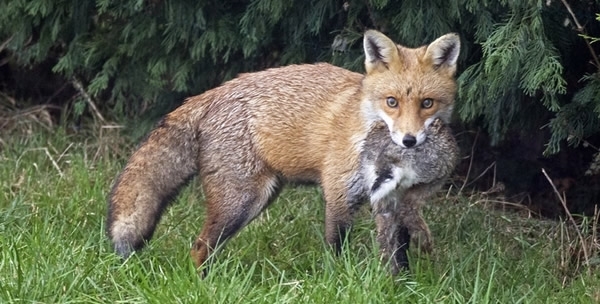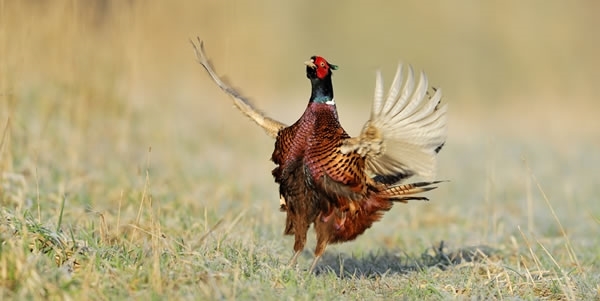
Stopping the release of pheasants would do nothing to prevent, or even reduce, fox predation on ground-nesting birds. Depending on whose data you select, the fox population has remained stable since the 1990s or declined by up to 40%. There is no evidence of a continuing or recent rise in fox numbers.
In any case, preventing the local extinction of increasingly rare species such as the curlew, lapwing or grey partridge does not depend on reducing the national fox population, such an idea is plainly untenable. When a householder or council sets out to deal with a rat infestation, their success is not based on reducing the UK’s rat population but on killing the particular problem animals in a particular place.
In the same way preventing the local extinction of rare ground-nesting birds may depend on stopping a particular fox killing a sitting curlew, it most certainly does not rely on reducing the guesstimated number of foxes in the UK to a smaller guesstimate.
What is usually needed is carefully targeted, efficient and humane action, taken at the right time in the right place.
That such an idea is controversial continues to surprise many reasonable and informed people and, as Mary Colwell suggests, has much to do with the larger conservation businesses not wanting to compromise their fundraising potential by being too frank.
Ian Coghill
Chairman, Game and Wildlife Conservation Trust

Please help us educate a whole new audience about the important role shooting plays in conservation. Your kind donation could help get the key facts out to the shooting community and drive up standards on the ground - allowing good game management to thrive.
Donate here »